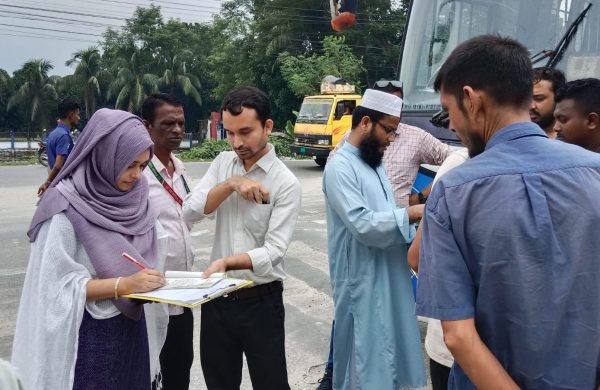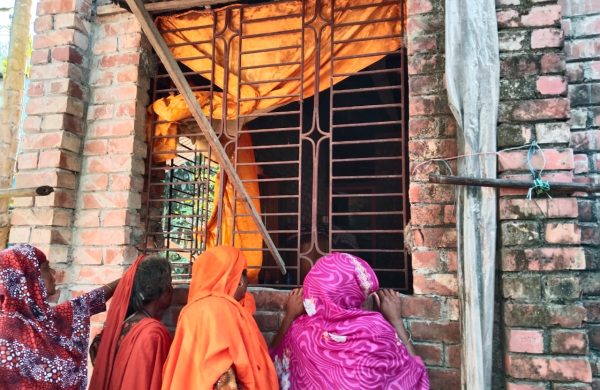Boro harvesting in Haor region 97pc complete
- Update Time : Monday, May 6, 2024

TDS Desk:
Boro paddy harvesting in the low-lying areas of the Haor region is almost over after a month of drought, the Department of Agricultural Extension has said. As much as 97 percent of the wetland region’s paddy has been harvested, according to a press release issued by the agriculture ministry on Sunday.
It means Boro paddy in the low-lying areas of the country has been spared from early rains this time.
Boro paddy has been cultivated in 453,400 hectares of wetland in the seven districts under the region. The districts are Sylhet, Moulvibazar, Habiganj, Sunamganj, Kishoreganj, Netrokona and Brahmanbaria.
Out of this, paddy has been harvested from 438,000 hectares of land so far.
Overall across the country, 33 percent of the Boro paddy has been harvested.
April experienced almost no rains this year as record-breaking temperatures marked the longest heatwave of the country on record
People all over the country started praying for rain to get some respite from the heat, but Haor’s farmers wanted the rainless period to go on at least until harvesting.
The government is implementing multifaceted initiatives to de-risk paddy cultivation in the Haor region. It is providing combine harvesters and reapers to Haor farmers with 70 percent subsidy so that the farmers can take home ripe paddy quickly.
More than 4,400 combine harvesters are being used in the seven Haor districts, according to the Department of Agricultural Extension
These include 100 new combine harvesters allocated this year. Combine harvesters have also been brought from other parts of the country to harvest Boro paddy in Haor.
The farmers of Bangladesh have cultivated Boro rice on around 5.06 million hectares of land across the country this year, which is about 20,000 more than the target.
The government hopes to increase Boro paddy production to 22.2 million tonnes.
In a recent Boro harvesting festival in Moulvibazar, Agriculture Minister Abdus Shahid said Boro contributes to more than half of the total rice production
This is why the government has distributed seeds, fertilisers and other materials worth Tk 2.15 billion for free among the farmers to increase cultivation.

















